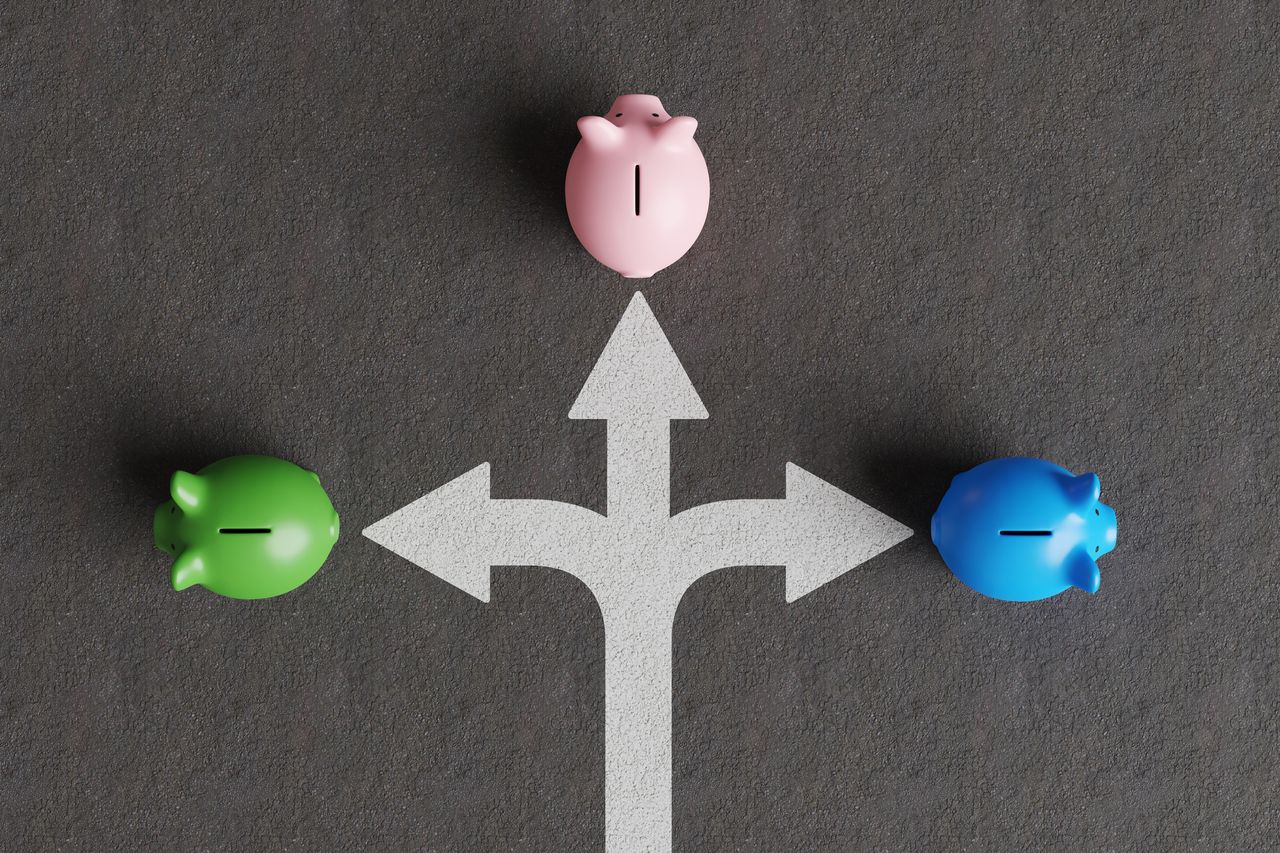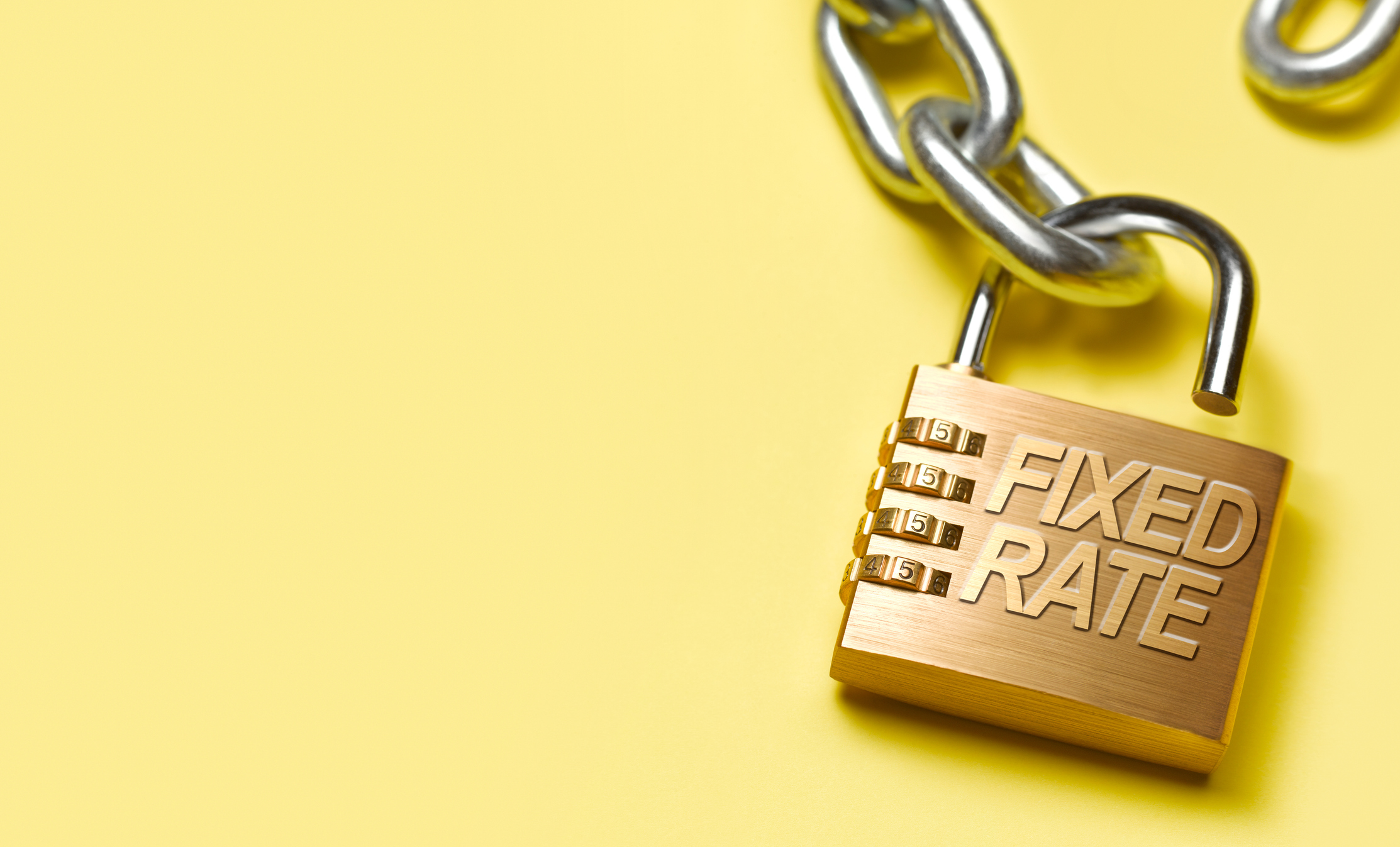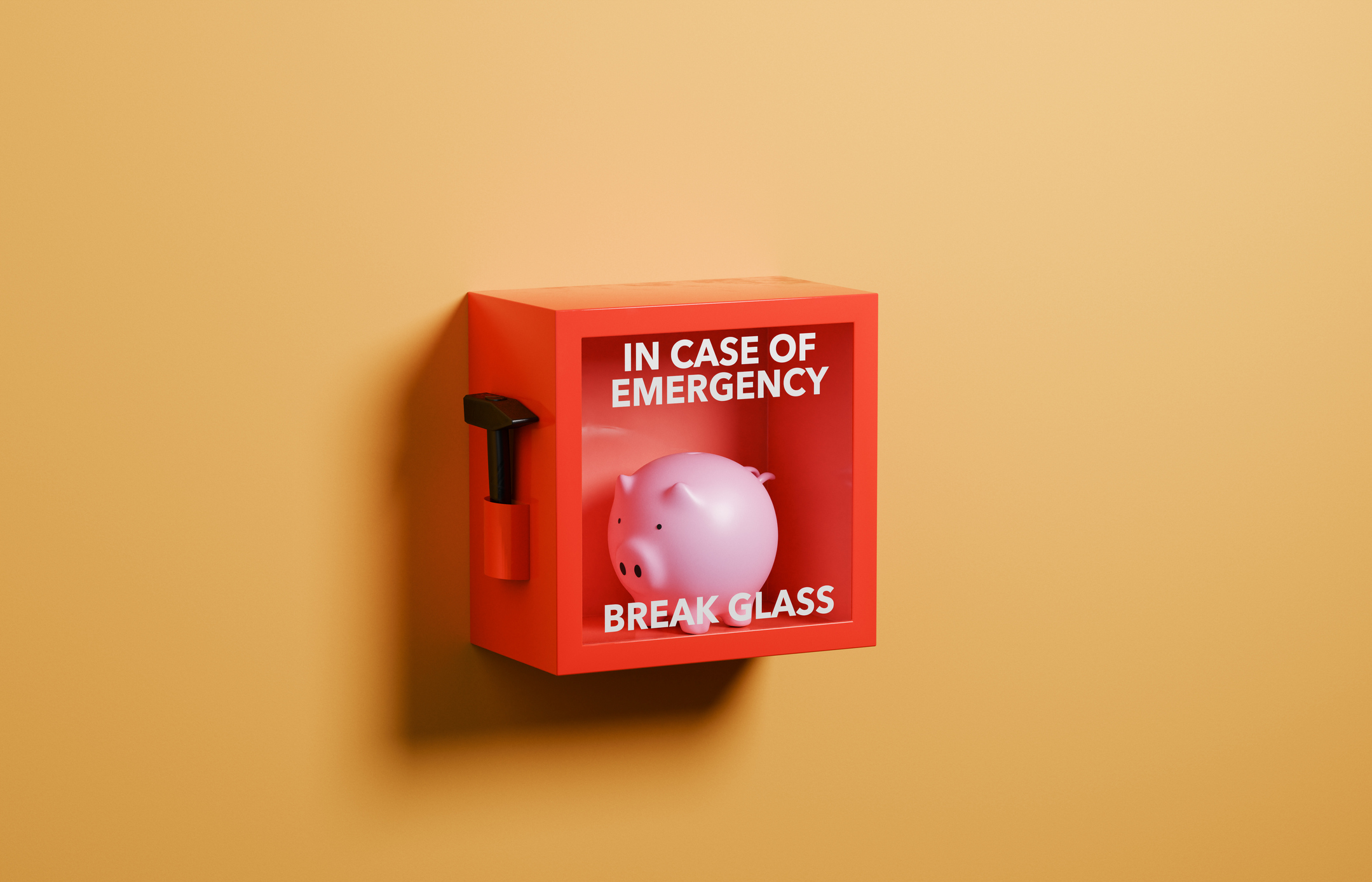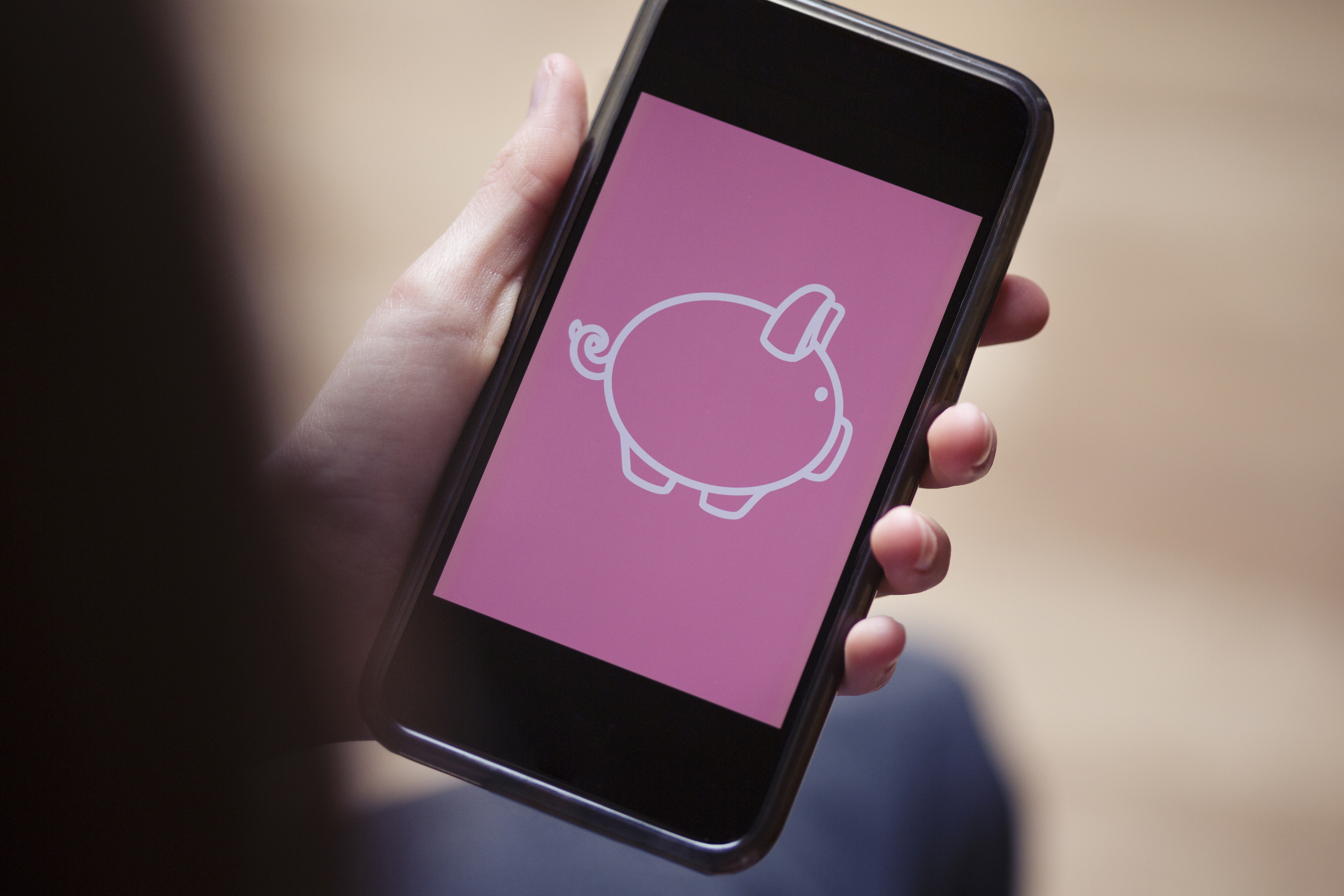
Savers might have a little more time at the start of the year to lock in a great interest rate. Ahead of the Federal Reserve meeting next week, many economists forecasts the central bank will pause rate cuts this month.
When the Fed cuts interest rates, debt with variable rates including credit cards, adjustable-rate mortgages, HELOCs and some private student loans can become cheaper to service and pay off.
The downside is that if the Fed reduces rates again in the future, we will likely see another slight dip in the highest savings rates.
Now is the time to make decisions about your short-term savings goals and where to grow your money. Remember that the longer you wait, the smaller the opportunity you have at maximizing saving returns.
Here is where you should consider parking your cash before rates get any lower:

Certificates of deposit (CDs)
CDs are an effective, reliable way to earn guaranteed returns of over 4%. Many banks offer 5-year CDs with rates exceeding 4%, and some 1-year CDs offer rates a little higher.
Read Four CDs to Check Out Before a Fed Rate Cut to get recommendations from Kiplinger's staff.
The other benefit to CDs is the rate you lock in is the rate you'll have throughout the term. If you get a CD now and the Fed cuts rates sometime down the road, that won't impact you because it is a fixed interest rate.
With this in mind, use this tool from Bankrate to find some of the top-earning CD rates:
The biggest potential drawback is the penalties you might incur if you cash in your CD prior to maturity. If you are apprehensive about locking up your money, you can buy a no-penalty CD and avoid angst and fees.
These CDs usually pay slightly lower rates to offset the bank's risk of early redemption. Otherwise, this FDIC-insured savings opportunity is the best place to park your cash as rates come down.

Money market accounts
Money market accounts combine the best features of savings and checking accounts. You earn a higher rate than a traditional savings account but retain access to the funds with check-writing privileges and/or debit cards. The interest rate on these accounts is variable and can go down or up after you open the account.
Here are our five top picks:
Account |
APY |
Min. Opening Deposit |
|---|---|---|
4.25% |
$100 |
|
4.10% |
$1,000 |
|
3.90% |
$1,000 |
|
3.77% |
$100 |
|
3.75% |
$50 |
Accessibility to your funds is why I highly recommend these types of accounts to hold your emergency funds. You can easily pay your mortgage, car insurance or medical bills if a financial emergency arises, without fear of incurring fees for removing some of your money.
However, watch out for the minimum balance requirements that are common for money market accounts. Many accounts have minimum balance requirements to open an account and a minimum closing daily balance.
To avoid these fees, crunch the numbers, and if you're on track to drain your emergency fund, close the account and cut your losses before the fees accumulate.

High-yield savings accounts
All savings accounts earn interest. The amount of interest depends on which account you choose. A traditional savings account averages only a 0.42% annual percentage yield (APY).
In comparison, the APYs on top high-yield savings accounts are around 4%, according to Bankrate.com.
That's why I recommend high-yield savings accounts for everyone regardless of the Fed rate; even if rates fall in the future, a high-yield account will still be one of the best and safest places for your savings.
The two most significant downsides of high-yield accounts are monthly fees and variable interest rates, but there are ways to mitigate those drawbacks. We can recommend at least 10 no-fee high-yield accounts that are currently paying around 4%.
Whether overall rates increase or decrease, high-yield savings accounts with the best yields tend to outperform their competition consistently. Monitor the rate your account offers, and if you notice that your savings account is falling faster than others, consider shopping around for a better account.
If you need more encouragement to open a high-yield account, read Is It Worth Getting a High-Yield Savings Account Before the Next Fed Meeting?
Bottom line for savers
If CDs, high-yield accounts or money market accounts fit into your short-term savings goals, this is a good time to get them. The Fed is likely to continue cutting rates at its meeting this week, so you're running out of time to secure an excellent rate that outpaces the CPI inflation rate.







